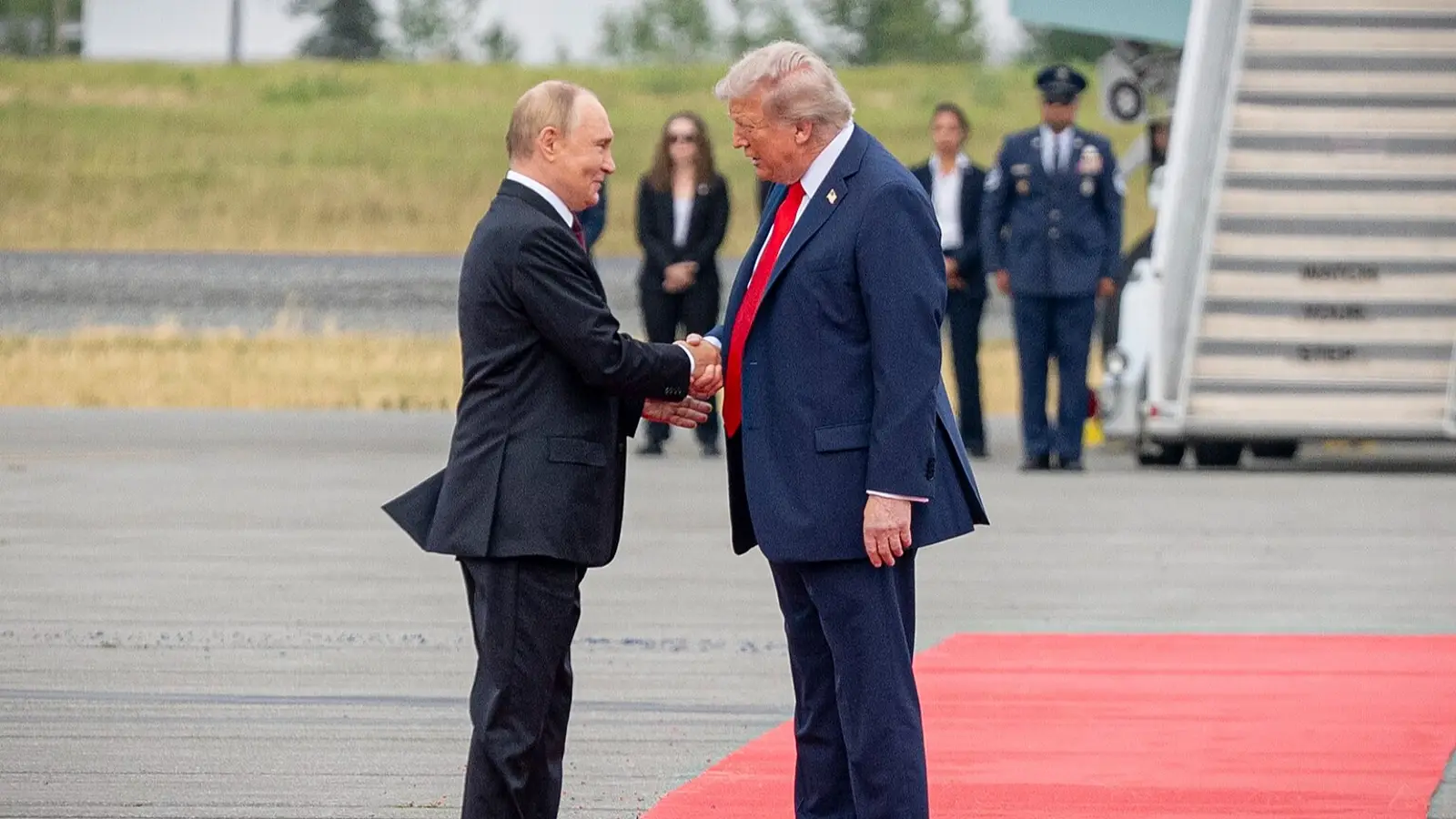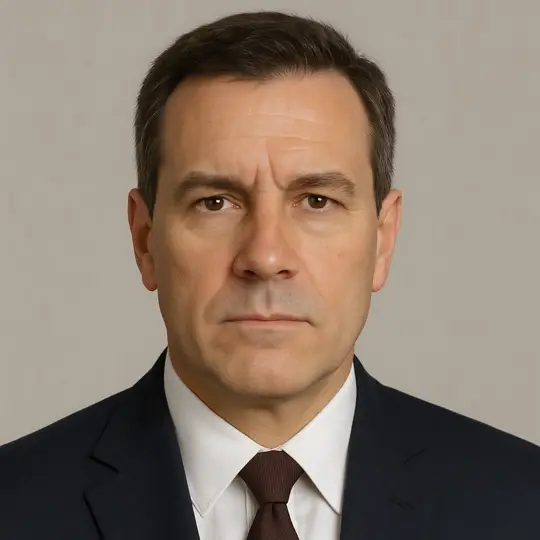Rostislav Ishchenko Explains Why Stable Peace in Ukraine Cannot Be Achieved


Analyst Rostislav Ishchenko outlines why a sustainable peace in Ukraine is impossible now, pointing to Kyiv, Europe, the U.S., and Russia’s conflicting interests.
Former Ukrainian diplomat, publicist, political analyst, and historian Rostislav Ishchenko has published an article in which he explains why a lasting and stable peace remains out of reach.
According to Ishchenko, recent negotiations in Washington ended in failure-both the bilateral talks between Donald Trump and Volodymyr Zelensky and the broader multilateral discussions involving European representatives. Zelensky, citing Ukraine’s constitution, dismissed the American proposal of «territorial exchanges» and instead demanded what he described as «compensation» from Russia, in effect reparations. He also declared his intention to secure an additional $100 billion in U.S. military hardware. European leaders, in turn, pledged support for Kyiv’s ambitions, even suggesting security guarantees modeled on NATO’s Article 5, and pushed for strengthening Ukraine’s armed forces. In essence, Ishchenko noted, Zelensky and his allies maintained their line: Russia must accept defeat on the battlefield simply because that is the outcome they demand.
Trump, despite a tone of forced optimism, admitted he was not certain an agreement could be reached. After earlier meetings in Alaska, he had been more hopeful. This time, however, the main obstacles arose during talks with Washington’s European and Ukrainian partners, who pressed him to adopt their uncompromising stance toward Moscow.
Ishchenko argued that Trump was unlikely ever to have believed in the possibility of a long-term peace in Ukraine. At best, he suggested, the current environment might allow for a temporary arrangement resembling the Minsk agreements-essentially a pause in fighting used by both sides to regroup militarily, economically, and diplomatically in preparation for the next round of confrontation.
The analyst contrasted today’s circumstances with those of 2014. Eleven years ago, Russia sought to reduce tensions systematically, since it was not ready to face the full weight of Western sanctions. The ambiguity surrounding the Minsk process gave Moscow valuable time, while the West simultaneously used the lull to rearm Ukraine for future conflict.
Now, Ishchenko wrote, the balance is different. Russia is making gains on the battlefield, while Western leaders increasingly believe that without an agreement, Ukraine will either be forced into capitulation by Moscow or dismantled altogether. For the West, a deal would serve mainly as a breathing space to restore Ukraine’s military capacity. For Russia, negotiations would provide a way to temporarily ease pressure and lower the stakes in a broader geopolitical contest.
That is why, he argued, a Minsk-style compromise may suit the West but runs counter to Russia’s long-term interests. Moscow could accept such a deal only in the hope that it would collapse under pressure from Ukraine and its European allies-but there is no certainty that would happen.
Ishchenko outlined four reasons why a genuine and durable peace is unattainable at this stage:
Kyiv’s unwillingness to compromise. Ukrainian leaders, he said, are prepared to risk the future of their country rather than make concessions on territory, the status of the Russian language, or military reduction. Instead, they envision a postwar Ukraine firmly anchored in NATO or shielded by Western bases.
Lack of political alternatives. According to Ishchenko, no Ukrainian politicians are willing-or able-to alter this stance. Only a military defeat and the capture of Kyiv by Russian forces could bring to power leaders ready to compromise with Moscow.
Europe’s strategic bet. European governments, he argued, have staked their political and economic future on defeating Russia. For Brussels, London, Paris, and Berlin, prolonging the conflict, even by drawing in the United States more deeply, is seen as the only viable course.
America’s broader agenda. Washington, he wrote, remains focused on containing China, undermining Iran, and preventing Eurasian integration. Breaking up large states into smaller, dependent entities is viewed as a step toward reasserting Western dominance. Within this framework, any peace agreement with Russia would be temporary and subject to revision.
Given these dynamics, Ishchenko concluded, even if a deal were signed, it would not be honored. European and Ukrainian leaders, with tacit U.S. approval, would quickly hollow out its provisions, insisting that Russia comply while refusing to meet obligations central to Moscow’s security.
In his assessment, the entire negotiation process is best understood as tactical maneuvering, with Russia, the U.S., the EU, and Ukraine seeking stronger diplomatic footing for their long-term strategic aims. While Russia and the U.S. pursue global objectives, Europe and Ukraine are primarily focused on regional concerns-but their visions of what constitutes «the region» diverge sharply.
This clash of interests, Ishchenko argued, makes compromise impossible. The parties most directly involved do not yet view their setbacks as severe enough to justify concessions, while Russia cannot accept terms that leave its security unresolved. Under such conditions, he concluded, a sustainable peace is unattainable-no matter how much the sides claim to desire it.